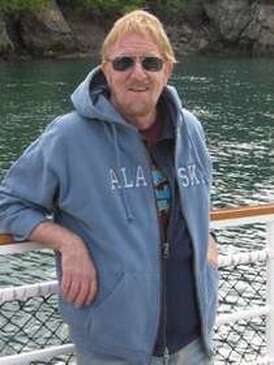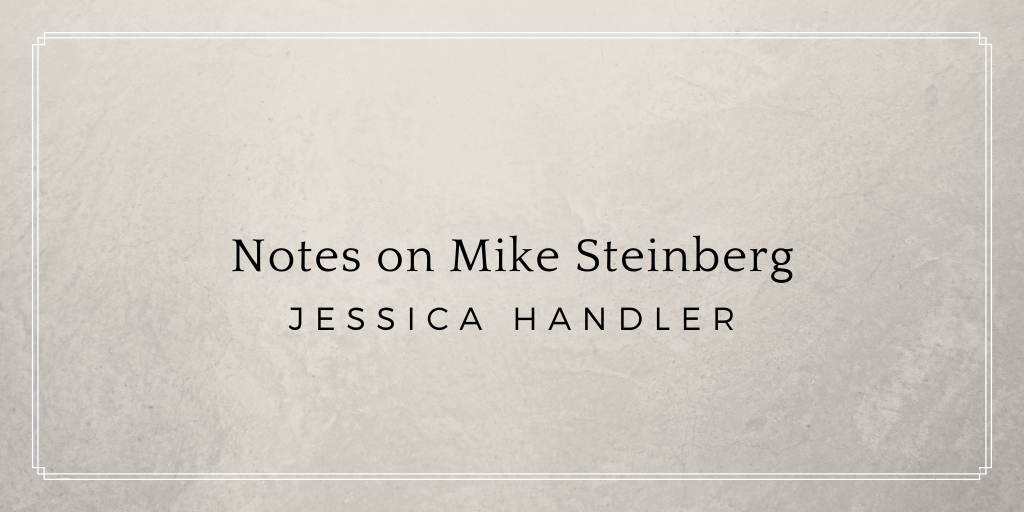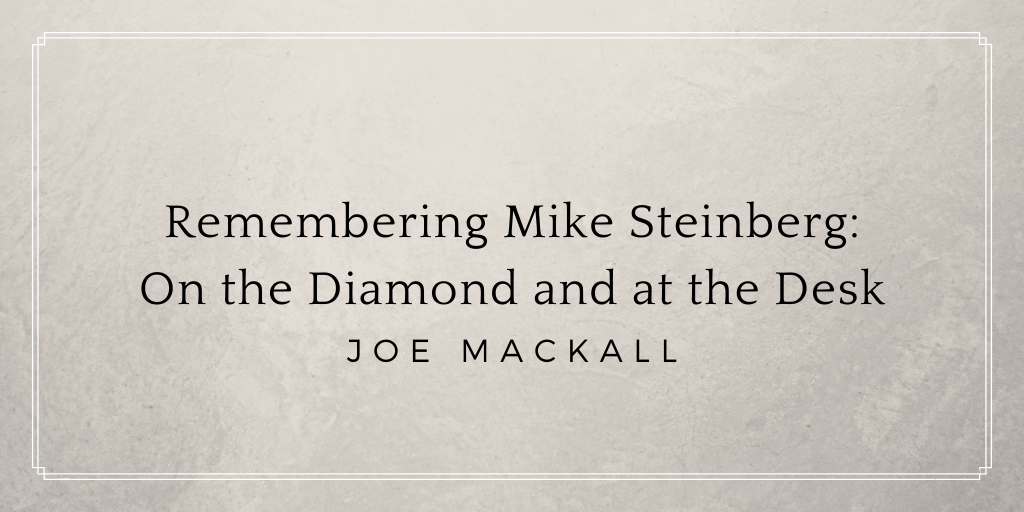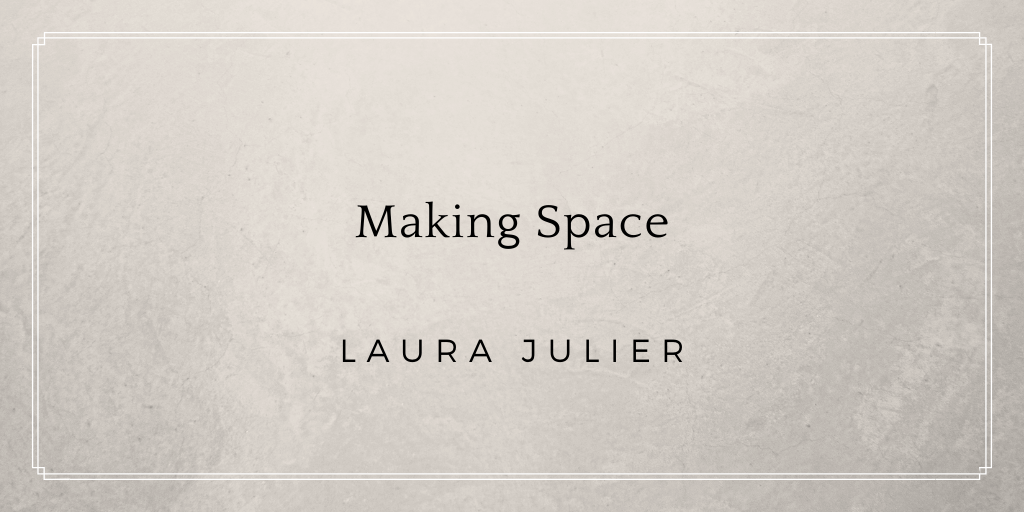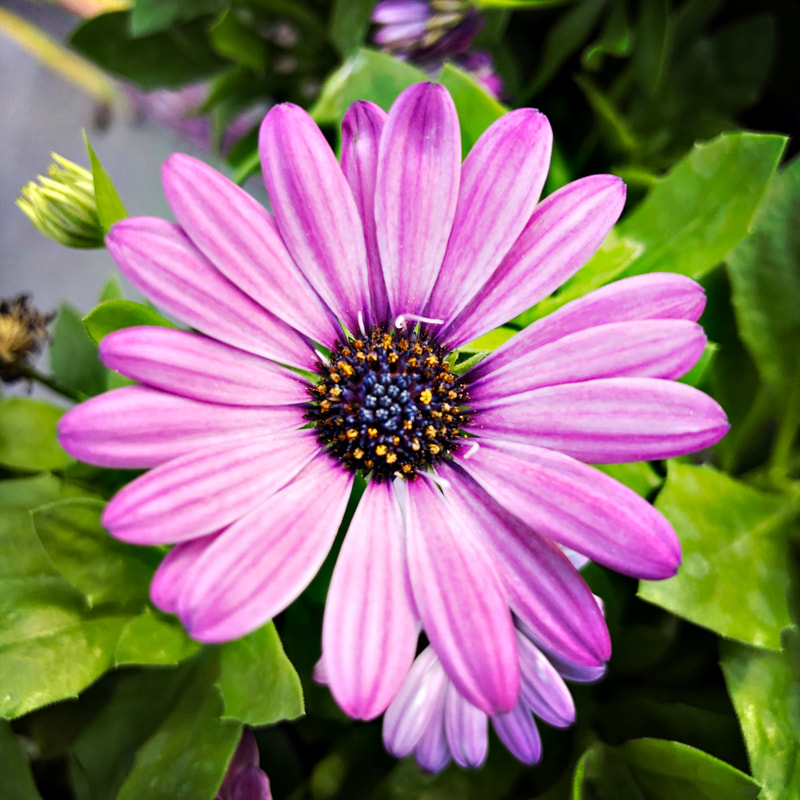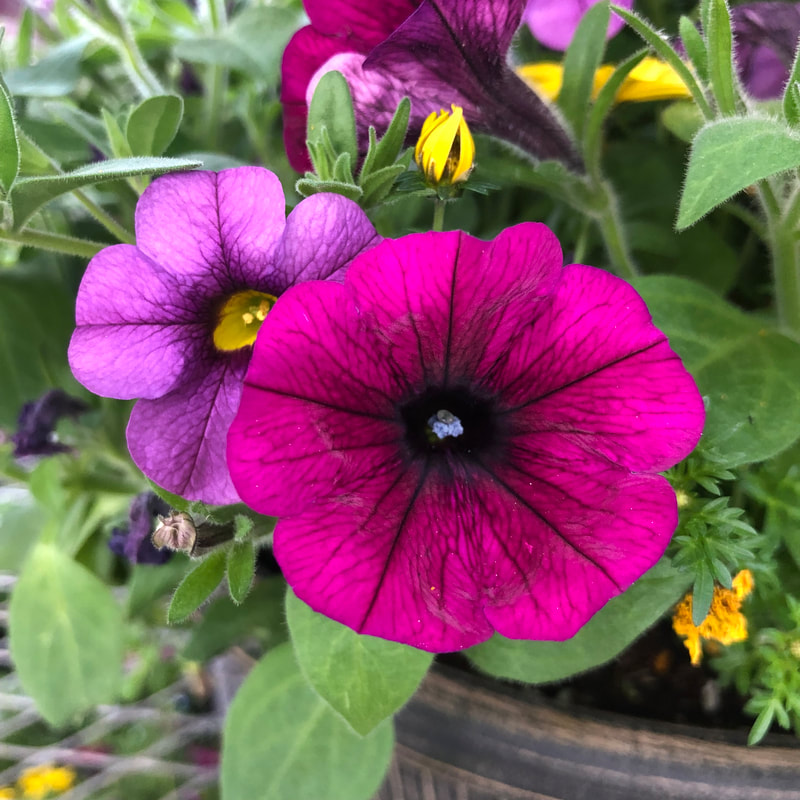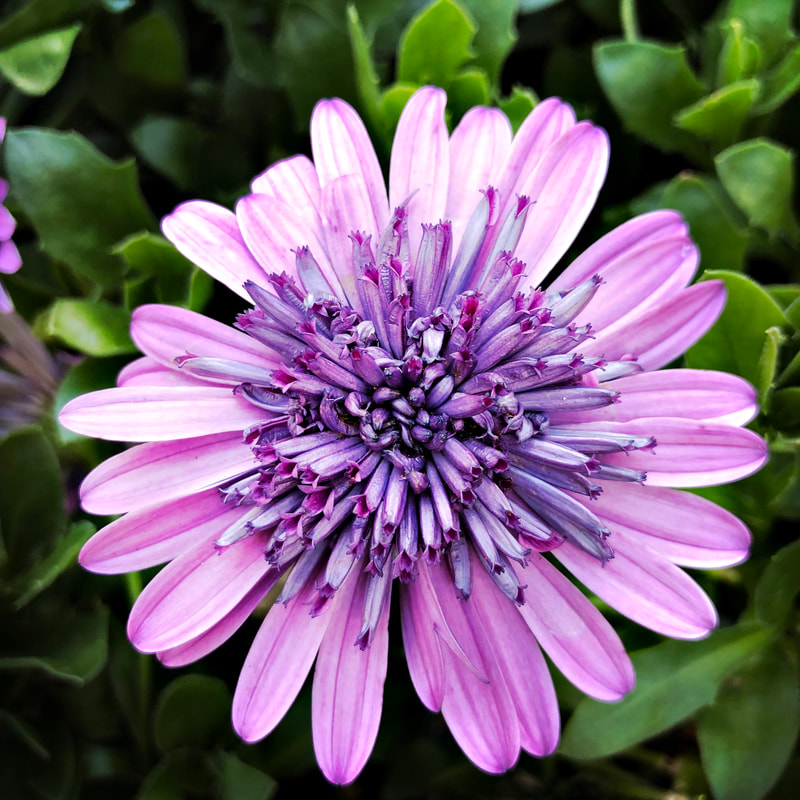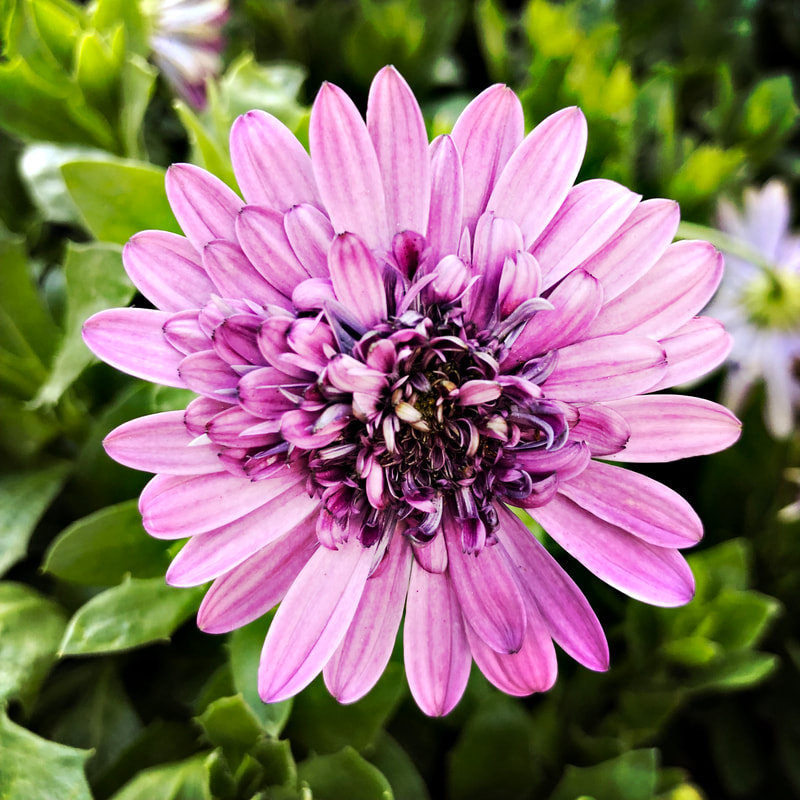Tribute to Michael Steinberg (1940-2019)
|
The news of Mike Steinberg's passing in December was a shock to us all. I'd known Mike since my years at Mid-American Review, when I invited him to read at our annual Winter Wheat Festival of Writing and was floored when he said yes. As I recall, there were some logistics glitches, but it didn't dampen our emerging friendship. Over the years, we'd meet up at AWP, trade emails, continue our conversations about nonfiction as if time and distance didn't exist, and so in 2014, when I wanted to start a new nonfiction scholarly journal, he was one of the first I asked to be one of our Advisory Editors. He agreed so quickly and became one of Assay's greatest champions, a trusted colleague in the genre, and a voice of wisdom when I needed advice. Assay as a journal, and I, personally, feel his loss deeply.
We've lost too many to cancer in the last few years, particularly in the nonfiction community. I've gathered a few voices here to pay tribute to our friend and colleague, ruminating on his contributions to the nonfiction genre, his work as the founding editor of Fourth Genre, and his singular voice as a writer. Our world is dimmer for his loss. Karen Babine, editor |
Daughter(s) of Rubanga: An Author, a Student, and Other Stories in Between
Leonora Anyango-Kivuva
6.2
|
“Open your books. Land Without Thunder. Go straight to the story with that title,” Miss Polie said at the beginning of class. She never had to raise her voice, but there was something about her that exuded this authority, something mysterious. Perhaps it was the grace in her gait as she walked through the classroom interacting with us, forming a rapport that was only peculiar to her style; or perhaps it was her unjudging smile as she guided us through the themes, ideas and nuances in a book or story. Her very presence in the classroom filled it with an aura of positive energy, and we responded to it eagerly. Today was no exception, and we were ready to read more stories in Land Without Thunder. Click here to continue reading.
|
How We Write When We Write About Life:
Caribbean Nonfiction Resisting the Voyeur
Victoria Brown
6.2
|
Long before Medium launched as a social media platform for writers, I subtitled my own, now dormant, blog, “The Medium.” My vision was to serve as interpreter of maladies for the world, or at least for anyone who wanted an unbiased unpacking from a neutral, questing perspective. I also intended this without hubris. Personal branding is established and strengthened by capitalizing on one’s intellectual property: what about your authentic experience is consumable? As the medium, I envisioned myself an impartial arbiter of, particularly, race relations in America, but also of other narratives, no less compelling in their universal appeal. As someone externally African American identifying and identified, but in reality born and raised in the Caribbean, I saw myself possessing another intersecting identity, a wide-open third eye, a tripled consciousness if you will. I understand the way I (or who you think I am) am seen, but reject your narrow construction because I have not been conditioned to accept the pejorative imagination held by the dominant majority. The Medium not only sought to write the wrongs (in beautiful, literary nonfiction prose) committed against subordinated groups in an oppressive society, but also to tell stories unharnessed from the American obsession with race. I had lofty goals. Click here to continue reading.
|
Wrecking the Disimagination Machine
David Griffith
6.2
|
In my attempt to trace these attitudes toward torture and abuse back to their origins, I looked to Susan Sontag’s Regarding the Pain of Others, and her New York Times Magazine follow-up “Regarding the Torture of Others,” in which she wonders if pornography might be to blame. I read every single book I could get my hands on dealing with torture from a historical and medical perspective. I even audited a law school course titled International Law and the Use of Force. It was my hope that if I narrated my search in an artful enough way that the reader would feel invited to engage in their own search and reflection on the sources of their attitudes toward violence. Further, my hope was that by speaking frankly not just about the Abu Ghraib photos, but those first images of violence that I felt had shaped my conscience—the bombing of Baghdad in the first Gulf War, the beating of Rodney King by LAPD officers, the rape of Marcellus Wallace in Pulp Fiction —that I would be able to draw attention to the culture of fascination and celebration around representations of violence in media and entertainment and its connection to who we feel is deserving of pain, punishment, and destruction. Click here to continue reading.
|
Coming Out With the Truth
Stacey Waite
6.2
|
In 2019, troubling the truth is unsettling—especially in the age of alternative facts, in a country where things that are right in front of us are said not to be right in front of us. Yet, as a poet, I have never much concerned myself with facts, never much cared for an affirmed “reality.” And as a queer person, I have spent far too much time debating the “facts” that my people are diseased, that there are two and only two genders, that a person owes it to others to be legible, readable, or loyal to the “facts” of abusive and constructed biologies. Roxane Gay writes, in Bad Feminist, “We should be able to say, 'This is my truth,' and have that truth stand without a hundred clamoring voices shouting, giving the impression that multiple truths cannot coexist.” In this particular passage, Gay refers to the ways we think about difference, privilege and identity, but I don’t think it’s a stretch to say her statement also speaks to writing itself, to the ways truth is, indeed, multiple or exists in more than one register as we try to tell it from our various genders/genres. Click here to continue reading.
|


